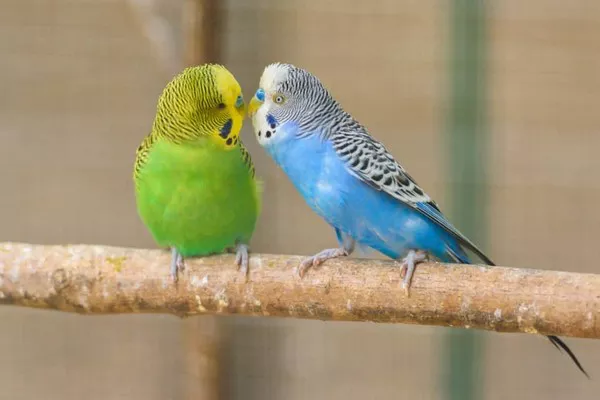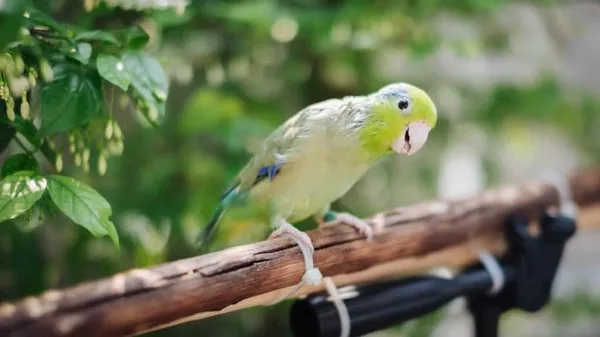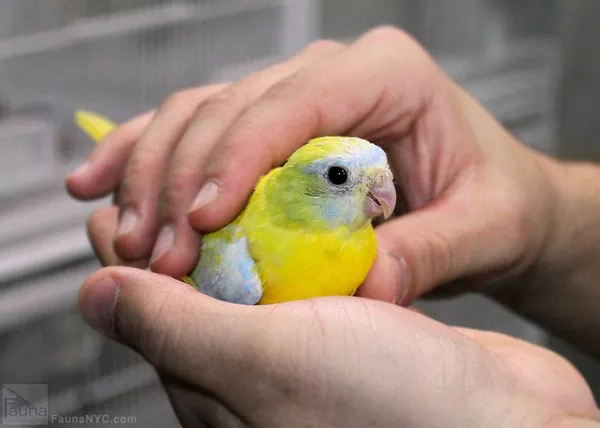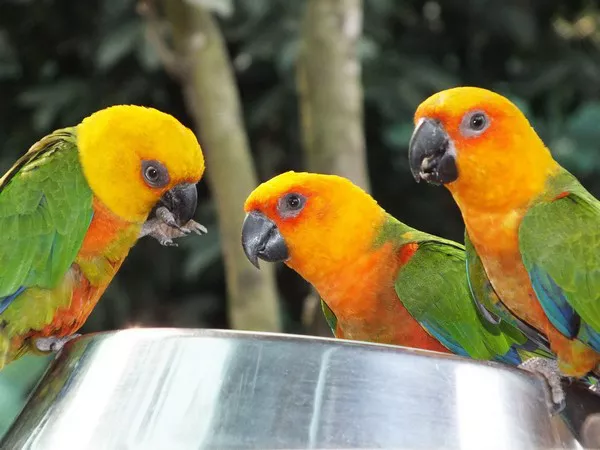African Gray Parrots are known for their striking plumage and engaging personalities. However, if you’ve noticed that your African Gray is losing feathers, it can be a cause for concern. Feathers play a crucial role in a parrot‘s well-being, helping with temperature regulation, flight, and communication. In this article, we will explore some of the common reasons why African Grays may lose their feathers and provide insights into potential solutions to address this issue.
Molting
Molting is a natural process in which birds shed old feathers to make way for new ones. During molting, African Gray Parrots may appear to lose more feathers than usual. This process is usually not a cause for concern, as it is a normal part of a parrot’s life cycle. Molting typically occurs once or twice a year, and the feathers will regrow in due time.
Solution: Provide your parrot with proper nutrition and ensure they have access to a well-balanced diet during molting to support healthy feather regrowth. Consult your avian veterinarian if you have concerns about the molting process.
Stress and Anxiety
Stress and anxiety can manifest in feather loss in African Gray Parrots. These intelligent birds are sensitive to changes in their environment, routine, or social interactions. Factors such as loud noises, changes in their surroundings, or the presence of unfamiliar people or animals can lead to stress-induced feather plucking.
Solution: Identify and eliminate potential stressors in your African Gray’s environment. Provide a consistent routine, mental stimulation, and social interaction to reduce anxiety. Consult with an avian veterinarian or behaviorist if feather plucking continues.
Poor Diet and Nutrition
Inadequate nutrition can lead to feather problems in African Gray Parrots. A diet lacking essential vitamins, minerals, and nutrients can result in poor feather quality and potential feather loss.
Solution: Ensure your parrot’s diet includes a variety of fresh fruits, vegetables, high-quality pellets, and a moderate amount of seeds. Consult with an avian veterinarian for dietary recommendations tailored to your African Gray’s specific needs.
Medical Issues
Various medical conditions can cause feather loss in African Gray Parrots. These may include fungal or bacterial infections, parasitic infestations, skin diseases, or hormonal imbalances. Some of these conditions may also be linked to nutritional deficiencies.
Solution: If you suspect a medical issue is causing feather loss, consult with an avian veterinarian immediately. They can perform a thorough examination, run diagnostic tests, and recommend appropriate treatment.
Allergies and Irritants
Like humans, parrots can be sensitive to allergens and irritants in their environment. Exposure to allergens, such as dust, smoke, or certain cleaning products, can lead to itching and feather plucking.
Solution: Identify potential allergens in your African Gray’s environment and take steps to minimize exposure. Use avian-safe cleaning products, maintain good air quality, and ensure proper ventilation in their living space.
Social Isolation
African Gray Parrots are highly social birds that require regular interaction and mental stimulation. Lack of social engagement and mental enrichment can lead to boredom and anxiety, resulting in feather plucking.
Solution: Spend quality time with your parrot, engage in interactive play, and provide toys and puzzles to stimulate their mind. Consider adopting another parrot for companionship if feasible.
Conclusion
Feather loss in African Gray Parrots can be distressing, but it’s essential to address the issue promptly and methodically. By understanding the potential causes, you can take steps to improve your parrot’s well-being and feather health. Regular veterinary check-ups and a supportive, enriched environment are key to ensuring your African Gray remains healthy, happy, and adorned with beautiful plumage. If you’re ever uncertain about the cause of feather loss, consult with an avian veterinarian who can provide expert guidance and tailored solutions for your feathered companion.
Recommended reading:
























